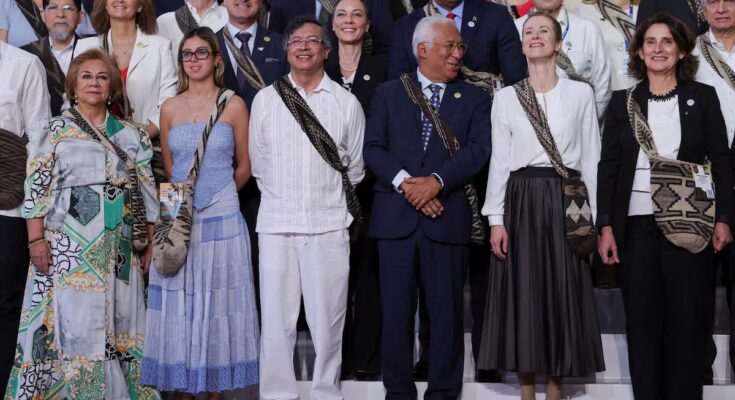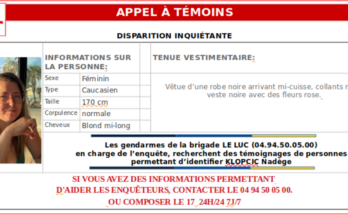“Who should I call if I want to talk to Europe?” The phrase, full of sarcasm, is attributed to Henry Kissinger, head of American diplomacy during the Nixon administration and one of the great strategists of the Cold War, referring to a phase in which the European Union was under construction.
These days, in Santa Marta, the oldest city in Latin America, the question could be perfectly formulated for the region, albeit with much less acidity, aware like the Europeans of how difficult it is to reach consensus. Who to call? At the block of Lula, Boric and Petro? Am I a block? To Bukele, Milei or Noboa? Jerí or Rodrigo Paz? Perhaps there hasn’t been such a fragmented region for 30 years (“We have become a balkanized and divided region,” Lula said). And of the proper names mentioned above, only the Colombian leader, host of the event, and the Brazilian came to the CELAC and EU summit. There was a very powerful presence, not in mortal flesh but in spirit, that of Donald Trump.
Amid rising tariffs, growing conflict over missile attacks on drug traffickers, and direct coercion over national politics (as has happened with Brazil or Argentina), the declaration does not mention the United States, as doing so would make it difficult for many countries to sign it.
The desire for transatlantic rapprochement has found a stimulus in Trump, but this is not enough to overcome the internal tensions in each region. A few months ago, the Spanish politician Ramón Jáuregui, president of the Euroamerica Foundation, defended the opportunity to prepare, within the framework of this summit, an offer on migration issues for Latin America and the Caribbean. With human mobility blocked towards the United States and the European need for those same people, Jáuregui defended the opening of consulates to orderly immigration. Apart from Spain, today’s Europe does not seem willing to open this dialogue.
The final summit declaration included a generic paragraph on the “importance of strengthening” cooperation in “migration management, including return processes, and we recall our commitment to deepening cooperation and dialogue on migration and mobility in a comprehensive, balanced and integrated manner (etc…)”. A pact for the cities and another for the safety of citizens were also signed. “We have to work on everything, but maybe it’s better to focus on two or three things, it’s a summit where many things were discussed,” a diplomat said Friday in the hotel where the leaders’ meeting was taking place. And that’s true, but it’s still a notable, if less noticeable, absence.
“Despite having countries here with very different ideological orientations, we have managed to have a common position on the most critical issues of the moment,” said the President of the European Council, António Costa. There has been a strengthening of environmental commitment, calls to attention on the authoritarian tendencies in Nicaragua and Venezuela (without naming them) and a strong defense of multilateralism which today no longer sounds banal. In the economic section, when we talk about the definitive signing of the agreement with Mercosur and large investments, however, something more specific on worker mobility is missing.



